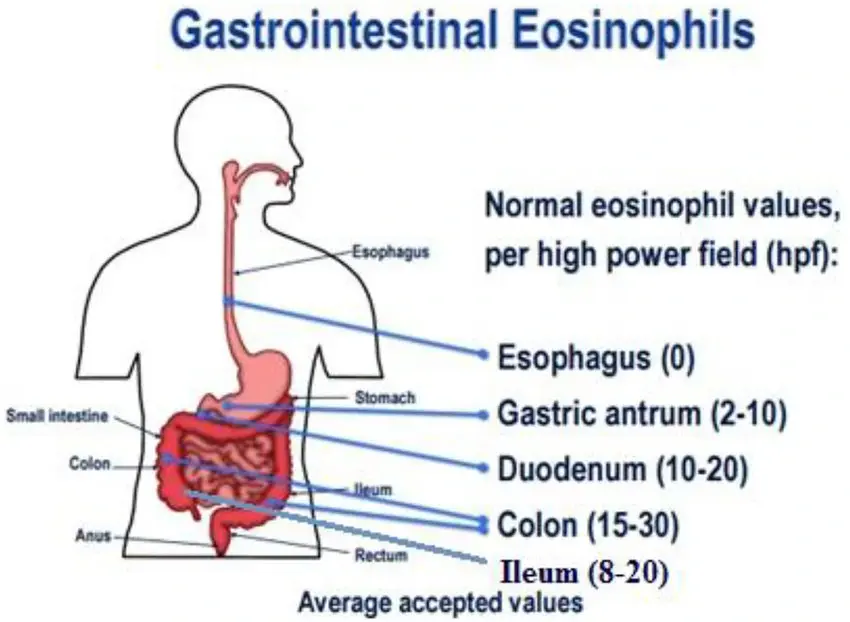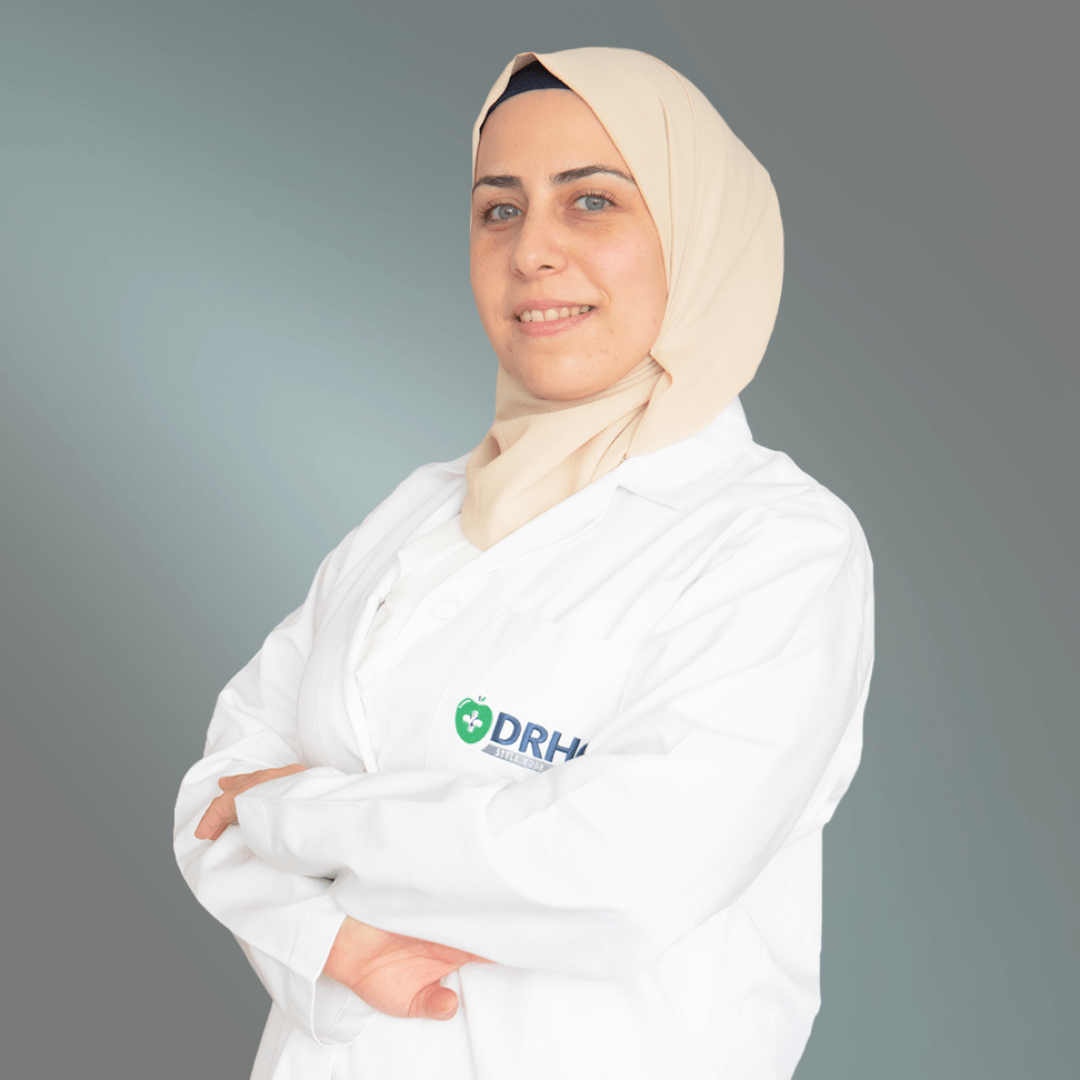Eosinophilic Gastrointestinal Disorders (EGIDs) at DRHC Dubai Gastroenterology Clinic
What Are Eosinophilic Gastrointestinal Disorders (EGIDs)?
Eosinophilic Gastrointestinal Disorders (EGIDs) are a group of chronic conditions characterized by excessive eosinophils (a type of white blood cell) in various parts of the gastrointestinal (GI) tract. These disorders can lead to inflammation and damage, causing a range of digestive symptoms. EGIDs primarily include:
- Eosinophilic Esophagitis (EoE) – Affects the esophagus
- Eosinophilic Gastritis (EG) – Affects the stomach
- Eosinophilic Enteritis (EE) – Affects the small intestine
- Eosinophilic Colitis (EC) – Affects the large intestine
Causes and Risk Factors
The exact cause of EGIDs remains unclear, but they are believed to be triggered by a combination of genetic, environmental, and immune system factors. Potential causes include:
- Allergic Reactions – Many individuals with EGIDs have food allergies or sensitivities.
- Genetics – A family history of allergic diseases increases the risk.
- Immune System Dysfunction – An abnormal immune response leading to eosinophilic infiltration.
- Environmental Factors – Exposure to certain allergens, infections, or medications may contribute.
Symptoms of EGIDs
Symptoms vary depending on the affected part of the GI tract, but commonly include:
- Eosinophilic Esophagitis (EoE): Difficulty swallowing, food impaction, acid reflux, and chest pain.
- Eosinophilic Gastritis (EG): Nausea, vomiting, bloating, and abdominal pain.
- Eosinophilic Enteritis (EE): Diarrhea, weight loss, and malnutrition.
- Eosinophilic Colitis (EC): Blood in stool, diarrhea, and severe abdominal cramping.
Diagnosis of EGIDs
Accurate diagnosis is essential for effective treatment. At DRHC Dubai, our expert gastroenterologists use advanced diagnostic tools, including:
- Endoscopy with Biopsy – Tissue samples from the affected GI tract are examined for eosinophil infiltration.
- Blood Tests – Elevated eosinophil levels may indicate an allergic or immune response.
- Allergy Testing – Identifies potential food allergens contributing to symptoms.
- Elimination Diet Trials – Helps determine if specific foods trigger symptoms.
Treatment Options at DRHC Dubai
Treatment for EGIDs focuses on symptom relief and preventing complications. Our specialists offer:
- Dietary Management:
- Elimination or elemental diets to identify and remove food triggers.
- Nutritional guidance to prevent deficiencies.
- Medications:
- Corticosteroids to reduce inflammation.
- Proton pump inhibitors (PPIs) for acid-related symptoms in EoE.
- Biologic therapies targeting eosinophilic inflammation (in severe cases).
- Endoscopic Procedures:
- Dilation therapy for esophageal strictures caused by EoE.
- Allergy Management:
- Collaboration with allergists to manage food allergies and immune responses.
Why Choose DRHC Dubai for EGID Treatment?
At DRHC Dubai, we provide expert multidisciplinary care for eosinophilic gastrointestinal disorders. Our team of gastroenterologists, allergists, and nutritionists collaborates to deliver:
- Personalized treatment plans tailored to each patient’s needs
- State-of-the-art diagnostic and therapeutic procedures
- Comprehensive dietary and allergy management support
- Long-term follow-up for symptom control and quality of life improvement
.png?width=281&height=59&name=bookanappointment%20(1).png)
Dubai Gastroenterology Clinic — Dr. Rami Hamed Center now provides the leading gastroenterologist in Dubai for Gastric balloons, Colonoscopies, Colon Cancer Screening, and more. DRHC offers highly qualified liver specialist doctors in Dubai. Call +97142798200 to Book your Appointment Today at DRHC Dubai.




.png?width=281&height=59&name=bookanappointment%20(1).png)




